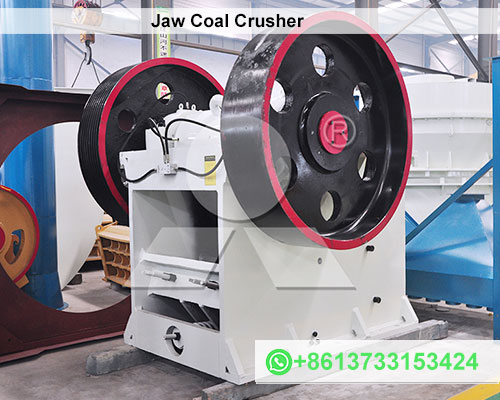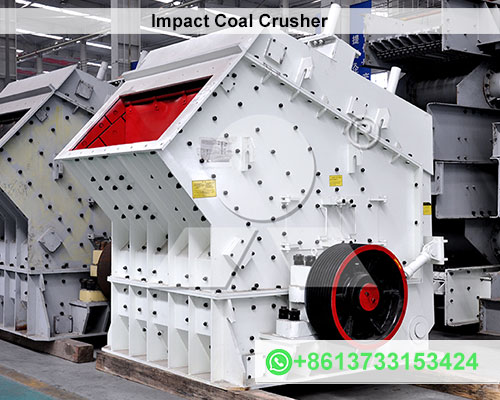Jaw Coal Crusher and Impact Coal Crusher
Jaw coal crusher and impact coal crusher are two of the most commonly used types of machinery for breaking down coal into smaller pieces. While both types of crusher serve the same general purpose, they differ significantly in their design, operation, and suitability for different applications. Understanding these differences is crucial for selecting the right type of crusher for a specific coal processing operation.
Jaw Coal Crusher
A jaw coal crusher utilizes a compressive force to break down coal particles. It consists of two opposing jaws, one fixed and one movable, that gradually close together, trapping and crushing the coal fed into the crushing chamber. The size of the crushed coal particles is determined by the gap between the jaws, which can be adjusted to achieve the desired product size.

Advantages of Jaw Coal crusher:
- Robust and durable: Jaw crusher are built to withstand heavy-duty use and can handle large feed sizes and hard materials.
- Simple operation and maintenance: Jaw crusher have a relatively simple design, making them easy to operate and maintain.
- Versatile: Jaw crusher can be used for primary, secondary, and tertiary crushing applications.
Disadvantages of Jaw Coal crusher:
- Produce more fines: Jaw crusher tend to produce a higher proportion of fines compared to impact crusher.
- Higher energy consumption: The crushing mechanism of jaw crusher requires more energy compared to impact crusher.
- Potential for blockages: Jaw crusher are more susceptible to blockages, especially when dealing with sticky or wet coal.
Impact Coal Crusher
An impact coal crusher employs high-speed impact forces to break down coal particles. It typically consists of a rotating impeller or hammer assembly that strikes the coal particles, causing them to shatter into smaller pieces. The impact force and speed can be adjusted to control the size of the crushed coal.

Advantages of Impact Coal crusher:
- Produce fewer fines: Impact crusher generally produce a lower proportion of fines compared to jaw crusher.
- Lower energy consumption: The impact crushing mechanism is more energy-efficient compared to jaw crushing.
- Suitable for wet coal: Impact crusher can effectively handle wet coal without clogging issues.
Disadvantages of Impact Coal crusher:
- Wear and tear: Impact crusher are more prone to wear and tear due to the high-impact forces involved.
- Limited feed size: Impact crusher are typically not suitable for very large feed sizes.
- Noise generation: Impact crusher can generate significant noise levels during operation.
Choosing the Right Crusher
The selection between a jaw coal crusher and an impact coal crusher depends on several factors, including the desired product size, feed size, coal properties, processing capacity, and budget. Jaw crusher are well-suited for primary crushing and handling hard materials, while impact crusher are more efficient for secondary and tertiary crushing and produce fewer fines.
In summary, both jaw coal crusher and impact coal crusher play essential roles in coal processing operations. Understanding their respective strengths and limitations is crucial for selecting the most appropriate crusher for a specific application.









